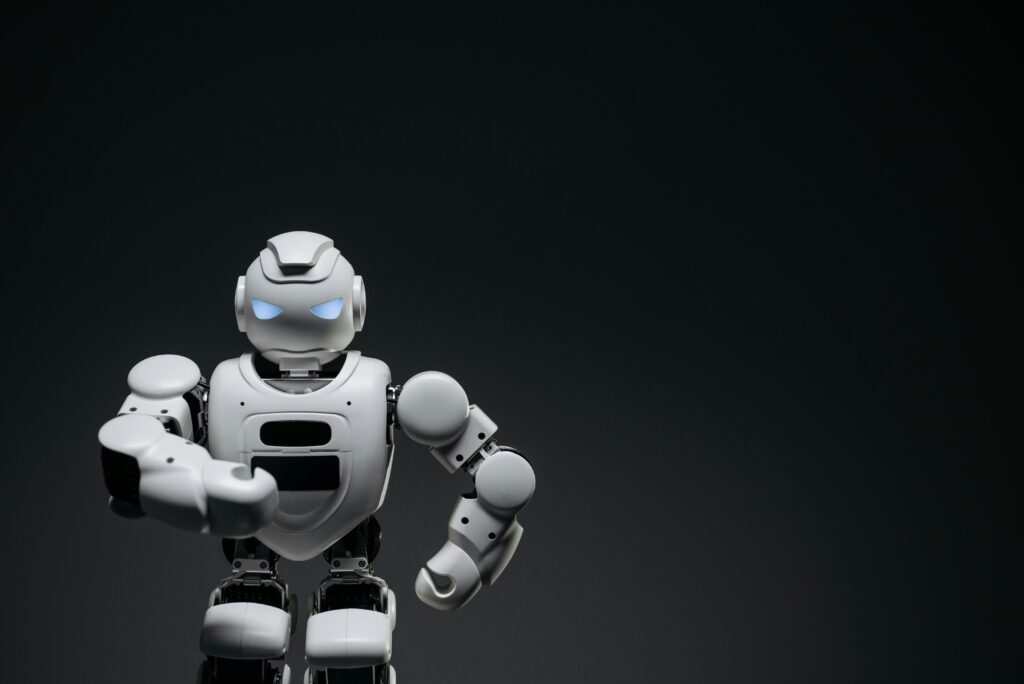
AI Songwriting: a useful tool or an attack on authenticity.
In the ever-evolving landscape of music creation, artificial intelligence (AI) has emerged as a powerful tool that promises to revolutionize the songwriting process. With algorithms capable of analyzing vast amounts of musical data and generating compositions, AI songwriting introduces a new dimension to the creative realm. However, as musicians and audiences grapple with the implications of this technology, a fundamental question arises: Is AI songwriting a valuable tool for musical innovation, or does it pose a threat to the authenticity that has long defined the art form?
The Rise of AI in Music:
Artificial intelligence has permeated various facets of our lives, and the music industry is no exception. AI songwriting tools, equipped with machine learning algorithms, can analyze patterns in existing music, identify trends, and create original compositions that mimic various genres and styles. These tools claim to offer efficiency, inspiration, and an endless well of creative possibilities.
The Pros:
- Efficiency and Inspiration: AI songwriting tools can significantly expedite the songwriting process. By analyzing vast datasets of musical styles and structures, AI can provide musicians with instant inspiration, helping them overcome creative blocks and explore new avenues.
- Diversity of Styles: AI enables musicians to experiment with a wide array of musical genres and styles, even those they might not be familiar with. This diversity can lead to the creation of unique fusions and innovative sounds that push the boundaries of traditional genres.
- Accessibility: AI democratizes music creation by making the process more accessible to individuals without extensive musical training. This inclusivity can empower aspiring artists and broaden the spectrum of voices contributing to the musical landscape.
The Cons:
- Threat to Authenticity: One of the primary concerns surrounding AI songwriting is the potential dilution of authenticity. Can a machine truly capture the depth of human emotions and experiences that have traditionally been the heart and soul of songwriting?
- Risk of Homogeneity: AI algorithms rely on existing datasets, and there’s a risk that the generated music may become homogenized, reflecting popular trends rather than pushing artistic boundaries. This could lead to a saturation of similar-sounding music in the industry.
- Ethical Considerations: The use of AI raises ethical questions about intellectual property and artistic ownership. Who owns the rights to a piece of music created by an algorithm, and how does this impact the livelihoods of human musicians?
Finding the Balance:
While the debate on AI songwriting’s impact on authenticity persists, many argue that the key lies in finding a balance. Rather than viewing AI as a threat, it can be seen as a complementary tool that sparks creativity and opens doors to new possibilities. Human musicians can use AI-generated compositions as starting points, infusing them with their unique emotions, experiences, and artistic vision.
Conclusion:
AI songwriting undoubtedly challenges traditional notions of creativity and authenticity in music. As the technology continues to advance, musicians, industry professionals, and audiences must engage in thoughtful conversations about the ethical use of AI, its impact on artistic expression, and the role it should play in the future of music. Ultimately, whether AI is seen as a useful tool or an attack on authenticity depends on how it is integrated into the creative process and the extent to which human musicians guide its evolution. The future of music may very well be a harmonious collaboration between human creativity and artificial intelligence.